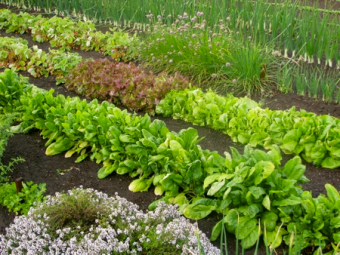Terry D. Etherton
On December 7, 2010, Dr. Pamela Ronald, a distinguished plant scientist at the University of California – Davis, appeared as guest expert on the nationally-syndicated “Dr. Oz Show” to discuss the benefits of GMOs. I had been contacted by the producer of the show to participate, however, I could not because of scheduling issues (they asked at the “last minute”).
My initial thought about the show was that it provided a great opportunity to present the facts about the efficacy and safety of GMOs to a large audience. Unfortunately, what “played out” was way past disappointing. There was unbelievable bias in how the segment was edited to produce the “final” version that overshadowed the sound scientific facts about GMOs. I found it remarkable that much of what Dr. Ronald presented during the filming of the segment was edited “out” of the final version of the show!
As readers of Terry Etherton Blog on Biotechnology appreciate, I am strong believe that science journalism should being practiced in an accurate and non-biased manner. Unfortunately, there are many, many examples of inaccurate and deceptive scientific reporting. The GMO segment on the Dr. Oz Show is a good example of how journalistic bias is conducted. It is reprehensible to me that sound science was ignored and that the virtues of the scientific method were attacked on the Dr. Oz Show!
After watching the segment, and learning about what really occurred during the filming of the segment, I was compelled to write to the producer of the show to convey my disappointment in how the segment was produced.
The letter I e-mailed to the producer of the show, Rosalyn Menon, is presented below. Dr. Ronald has already written a provocative blog on Tomorrow’s Table about her experience of appearing on the Dr. Oz Show. It is a compelling read.
If you wish to watch the segment that was aired on the Dr. Oz Show, click here. Continue reading GMOs and the Dr. Oz Show – A Stampede over Science →





